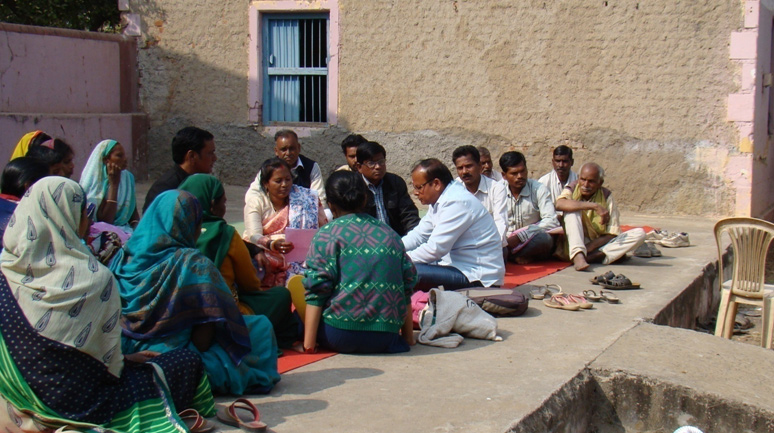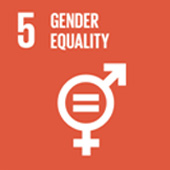
Evidence-based Measures of Empowerment on Research on Gender Equality (EMERGE)

Background and Problem Statement
There is lack of critical data to document problems with regards to collective’s participation in governance system. Key challenges persist in the effective measurement of community-based collective action and local political participation also, because of its dynamic and multidimensional nature. Additionally, cutting edge technologies to measure collective action, such as via social network mapping or behavioral games, can be prohibitively expensive and difficult to scale. As a result, existing measure collective action when applied to the study of gender equality and empowerment may either lead to the under-representation of women’s collective action or over-representation of women’s collective action if focused on institutional arrangements that coordinate women.
This project brings together a consortium from the social sciences and civil society.

Aim and Objectives
The aim of this project is to analyse changes in political representation simultaneously with collective empowerment to understand the complex pathways to gender empowerment and help design better-integrated programming to accelerate and sustain impact.
Innovative data systems, leveraging existing community structures, pose an opportunity to shed light on these two intertwined measurement challenges: measurement of
- the form and focus of community-based collective action; and,
- women’s political participation and under-representation in politics.
Methodology and Methods
The measurement will capture three critical components: who is collectively acting (which groups and which people within those groups), what are they acting for (i.e. the nature of collective action), and who is setting the agenda of the collective action. To ensure that our measurement is useful for the study of gender equality, we will pay particular attention to the gender composition of the groups as well as the intersectionality of gender identity with other key, mobilized identities, namely caste and class.
Building tools is essential to collect, translate, store, and analyze this local data from an expansive network of community cadres deployed to traditionally underrepresented and poorly documented communities in India (remote, tribal communities). It will give us the ability to understand social and normative changes that occur as women engage in political and civic duties. Through the use of community cadres already mobilized in SHGs, we will be able to capture this data more efficiently, more cost-effectively, and at a significantly larger scale than has been possible in the past.
This will be done through the following measures:
- Create a local sensor network to collect objective measures of collective action and political participation
- Conduct sample surveys of community members to collect subjective measures of collective action and political participation
- Collect detailed social network data in a sample of 5 villages
- Conduct semi-structured interviews and focus groups to inform indicator and instrument design
Project status
The project is now at its data collection stage. The data collection alongside with survey questionnaire has included pictorial tools, chapatti tool, and picture cards to integrate innovative methods of data collection, especially for the network survey.

